SUMMARY
This is AI generated summarization, which may have errors. For context, always refer to the full article.
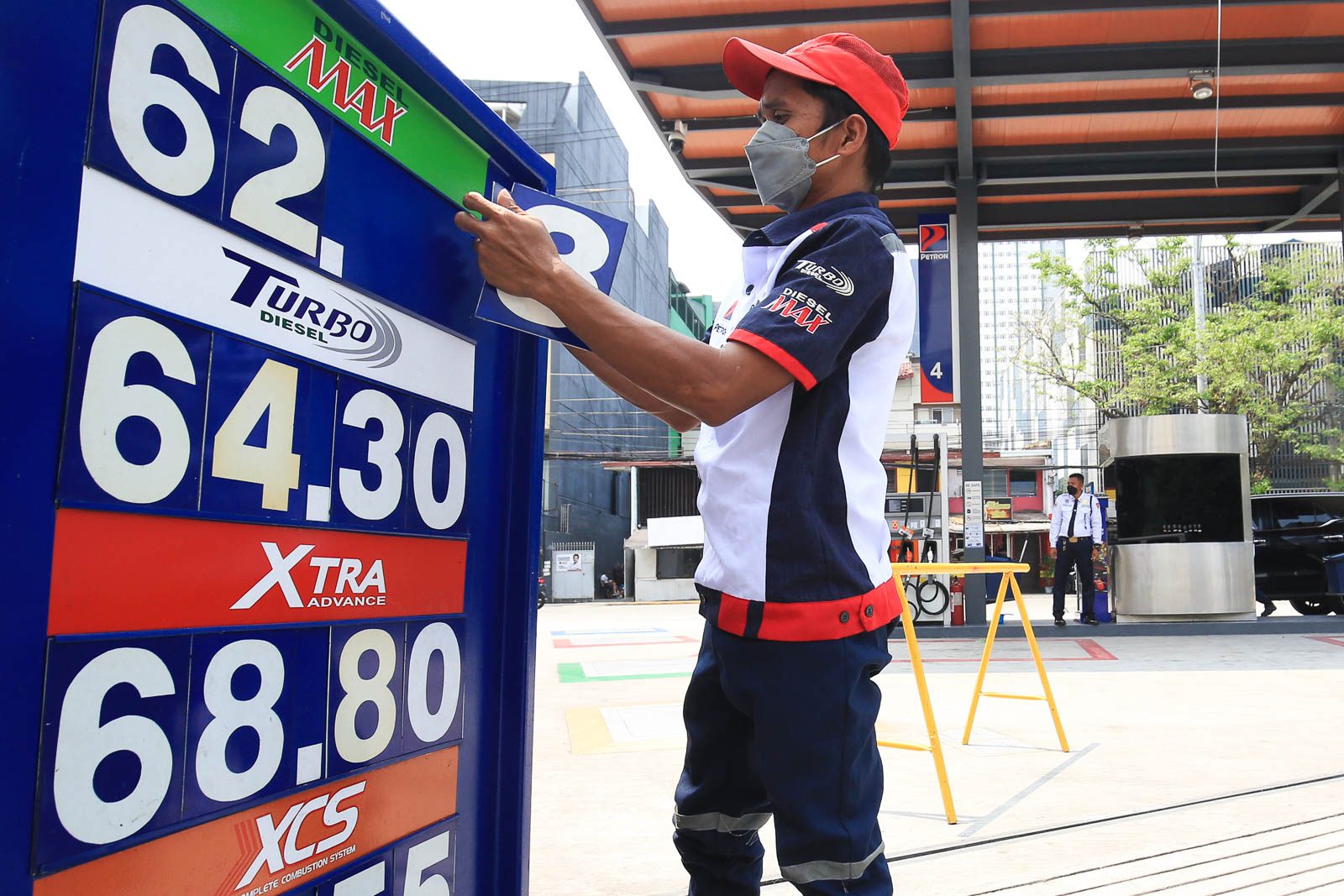
MANILA, Philippines – To address soaring oil prices, a House panel is considering a temporary suspension of taxes on select petroleum products, which would result in as much as P48 billion in foregone revenues.
Albay 2nd District Representative Joey Salceda told the House fuel crisis ad hoc committee on Monday, March 7, that President Rodrigo Duterte must call for a special session by March 15 for Congress to tackle the oil crisis and inflation likely jumping above target.
Salceda said it is Duterte’s “moral obligation” to do so.
Congress is currently on break and will resume session on May 23, after the elections.
Oil companies on Tuesday, March 8, implemented the biggest price hikes yet since the deregulation of the oil industry. Experts fear that prices have yet to peak.
Salceda and other members of the House panel proposed that certain taxes imposed on oil be suspended to give Filipinos relief, should Dubai crude oil reach or exceed $80 per barrel.
Their proposal also includes other social safety net measures and subsidies, resulting in as much as P98 billion in interventions.
The Department of Energy earlier called on lawmakers and Malacañang to review the oil deregulation law and allow the government to intervene in prices. Lawmakers, however, expressed wariness and said that the next administration should tackle the matter.
Economic team’s proposal
Implementing tax cuts amid the pandemic is tricky, as the government has little room for it due to falling revenues.
Rappler reached out to Socioeconomic Planning Secretary Karl Chua and Finance Secretary Carlos Dominguez III regarding Salceda’s proposal. Dominguez has not yet responded to our queries.
In a late briefing with Duterte on Monday, Dominguez said he does not expect the crisis “to last very long.”
“We have seen similar crises in the past, such as in the Gulf War in 1990, the oil price shock of 2008, and also the first Russia-Ukraine conflict in 2014, and we have weathered all of these crises very well,” Dominguez said.
Meanwhile, Chua pointed to his presentation with Duterte, where he discussed their proposal to double fuel subsidies for public utility drivers and farmers.
From P2.5 billion, the economic team wants P5 billion for fuel subsidies to cushion the impact of rising oil prices. They also want fuel vouchers for agricultural producers to be increased from P500 million to P1.1 billion, for distribution in March and April.
Doubling subsidies would cost the government P6.1 billion, far less than lawmakers’ proposal of P98 billion worth of interventions.
Chua also proposed increasing the country’s oil buffer stock from the current 30 to 45 days, but this measure would need a new law.
He added that the buffer stock of liquefied petroleum gas should be increased from 7 to 15 days. A new law is also needed.
Transport groups have asked the government for a fare hike, but the economic team is against this appeal. – Rappler.com
Add a comment
How does this make you feel?

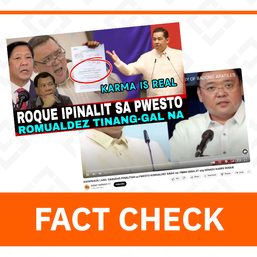
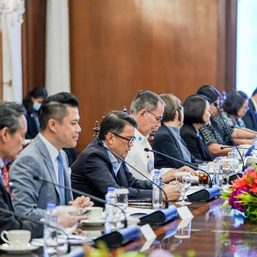
![[OPINION] The First Mode conundrum](https://www.rappler.com/tachyon/2024/03/tl-first-mode-conundrum-03232024.jpg?resize=257%2C257&crop=283px%2C0px%2C720px%2C720px)
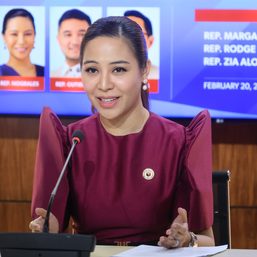
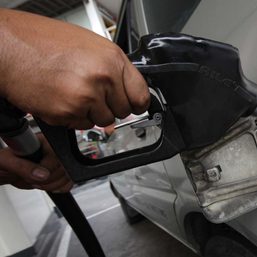
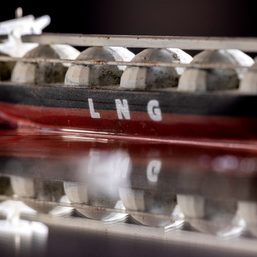
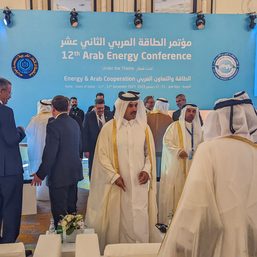
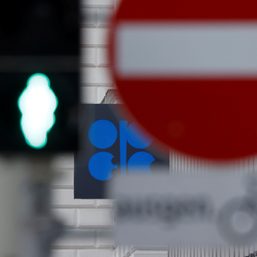
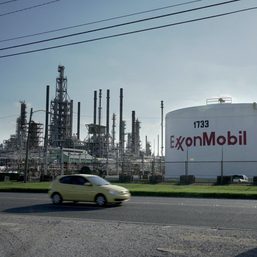
![[Ask The Tax Whiz] How to file annual income tax returns for 2023](https://www.rappler.com/tachyon/2022/11/tax-papers-hand-shutterstock.jpg?resize=257%2C257&crop_strategy=attention)

![[Ask The Tax Whiz] Are cross-border services taxed in the Philippines?](https://www.rappler.com/tachyon/2024/02/bpo-workers.png?resize=257%2C257&crop=72px%2C0px%2C785px%2C785px)
![[Ask the Tax Whiz] Ease of paying taxes law: What you need to know](https://www.rappler.com/tachyon/2023/02/calculate-february-22-2023.jpg?resize=257%2C257&crop_strategy=attention)
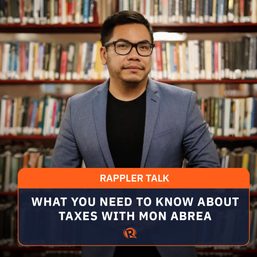
There are no comments yet. Add your comment to start the conversation.